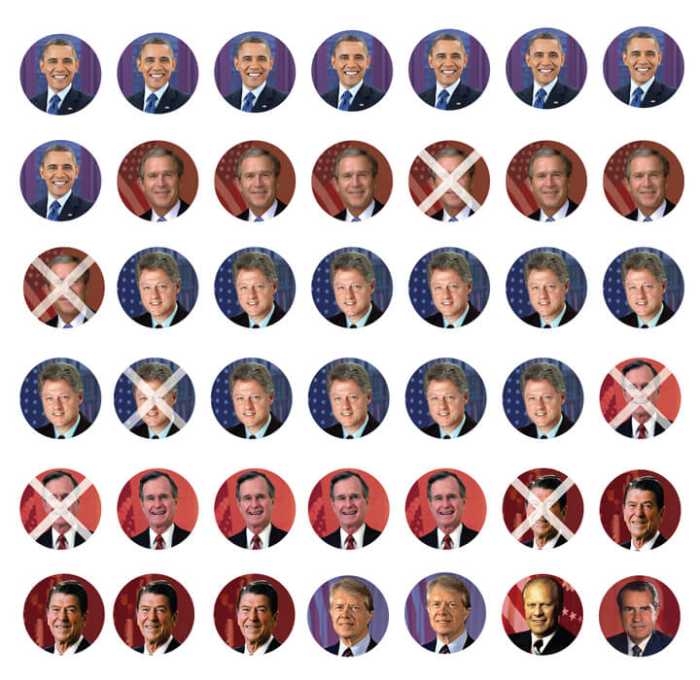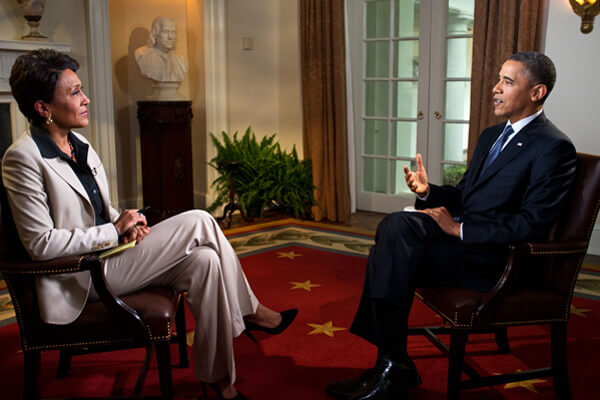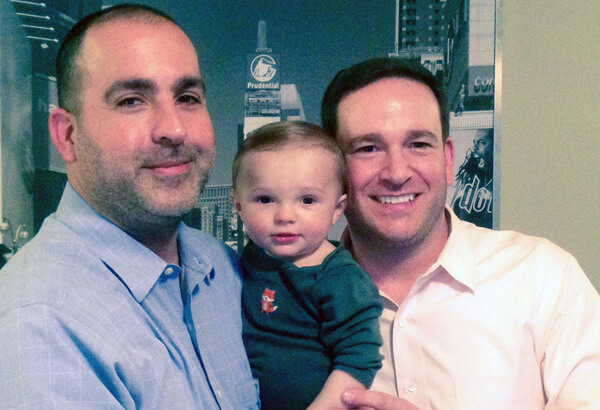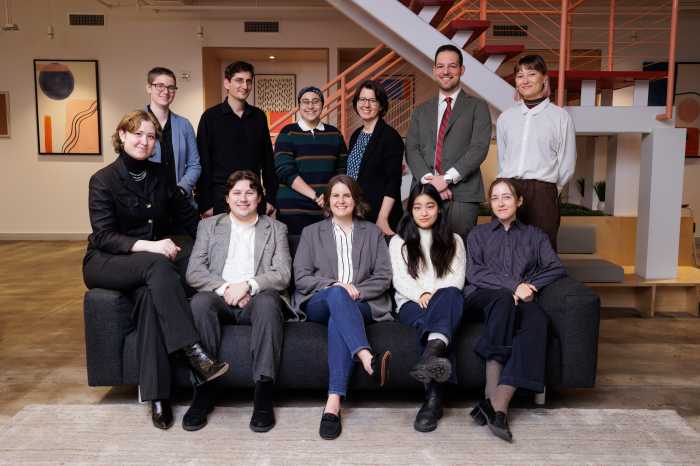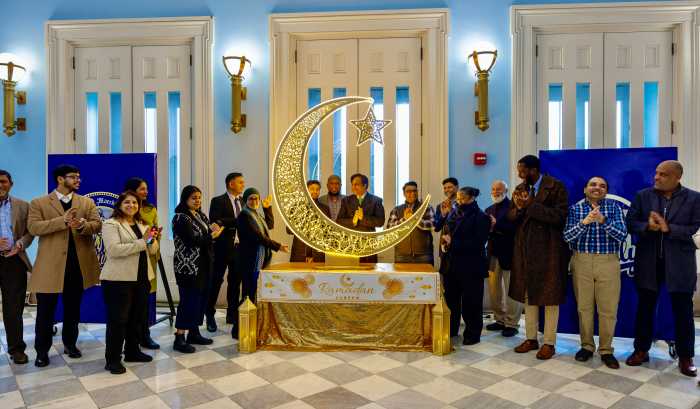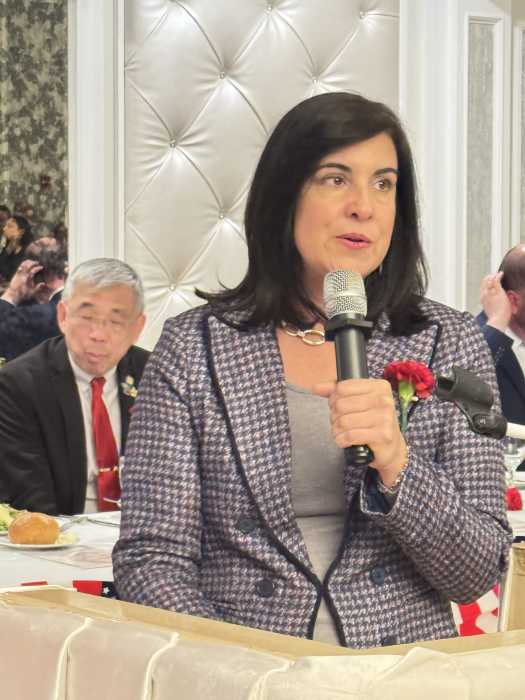The New York State Division of Human Rights (DHR) has found that a rural wedding venue that denied a lesbian couple use of its facility violated the state’s Human Rights Law. In the August 8 ruling –– first reported in the Albany Times Union –– Acting Commissioner Helen Diane Foster formally adopted a recommendation by Migdalia Pares, an administrative law judge, that the two women receive $1,500 each in compensatory damages and the venue, Liberty Ridge Farm in Schaghticoke, located between Albany and Saratoga Springs, pay the state a fine of $10,000.
In 2012, seeking a rustic setting for their marriage, the couple, Melisa and Jennifer McCarthy, contacted Liberty Ridge, which advertises online as a wedding venue. In a telephone conversation, Cynthia Gifford, a co-owner, initially encouraged Melissa to visit the facility. According to the DHR ruling, however, when Melissa referred to her fiancé, who was listening in on to the call as well, as “she,” Gifford told her there was “a little bit of a problem” because “we do not hold same-sex marriages here at the barn.”
When Melissa challenged the legality of Liberty Ridge’s policy, Gifford responded, “We are a private business.” Pressed to explain why the venue had the policy, Gifford responded, “It’s a decision that my husband and I have made that that’s not what we wanted to have on the farm.”
New York State Human Rights Division rejects religious exemption claim of public venue's owners
Answering the couple’s discrimination claim, the Giffords contended they have a “specific religious belief regarding marriage.”
Pares’ first task in making a recommendation on the McCarthys’ complaint was to determine whether Liberty Ridge in fact qualified for an exemption from the Human Rights Law’s prohibition on public accommodations discrimination based on its claim of being a “private business.” The law exempts “any institution, club or place of public accommodation which proves that it is in its nature distinctly private,” something often referred to as the “private club” exemption for membership organizations not generally open to the public at large. Pares concluded that the facts did not support the Giffords’ contention.
Liberty Ridge is not a membership organization, it advertises its services online as being generally available, and as of 2012 it had hosted at least 35 wedding receptions involving couples who did not know the Giffords before contacting Liberty Ridge about renting the facilities. Pares concluded the venue is a public accommodation and found the fact that the Giffords live on the third floor of the barn irrelevant.
The Giffords also argued that in denying the McCarthys use of their barn for a same-sex wedding based on their religious views they were not discriminating against the women based on their sexual orientation. Pares did not buy that attempt at a distinction. “It is unlawful discrimination to deny a benefit to a member of a protected class based on being a member of that protected class,” she wrote. “Here, the policy to not allow same-sex marriage ceremonies of [Liberty Ridge Farm] is a denial of access to a place of public accommodation.”
Finding that the Human Rights Law “extends liability for discriminatory acts in a place of public accommodation to agents and owners of same,” Pares also rejected the Giffords’ argument they could not be held personally liable since they were doing business as a corporation.
Telling the Times Union the Giffords were considering an appeal, their attorney, Jim Trainor, expressed surprise the DHR ruling did not consider the Supreme Court’s recent Hobby Lobby decision, which found that a family-controlled corporation could deny its employees contraception coverage otherwise required under the federal Affordable Care Act because of the owners’ religious beliefs. That ruling was based not on the First Amendment but on an interpretation of a federal statute, the 1993 Religious Freedom Restoration Act (RFRA), which restricts the federal government from imposing burdens on the religious beliefs of individuals without showing a compelling governmental interest not achievable with a less restrictive policy. Hobby Lobby sparked widespread outrage by holding, for the first time, that a business corporation can claim a religious exemption from a law.
Although many states throughout the 1990s enacted their own versions of the RFRA, New York did not. While religious organizations in New York are deemed “distinctly private” and therefore exempt from public accommodations nondiscrimination provisions, businesses do not enjoy a statutory exemption based on their owners’ religious beliefs. Unless the New York courts were to construe the State Constitution’s guarantee of individual religious liberty more broadly than the US Supreme Court has interpreted the First Amendment of the federal Constitution, there seems little chance that this decision would be reversed based on the Giffords’ religious objections. And there appears to be no basis for US Supreme Court review, given the early 1990s precedent –– written by Justice Antonin Scalia! –– that led Congress to step in with the RFRA as a corrective to what its members then saw as an incursion on religious freedom.

